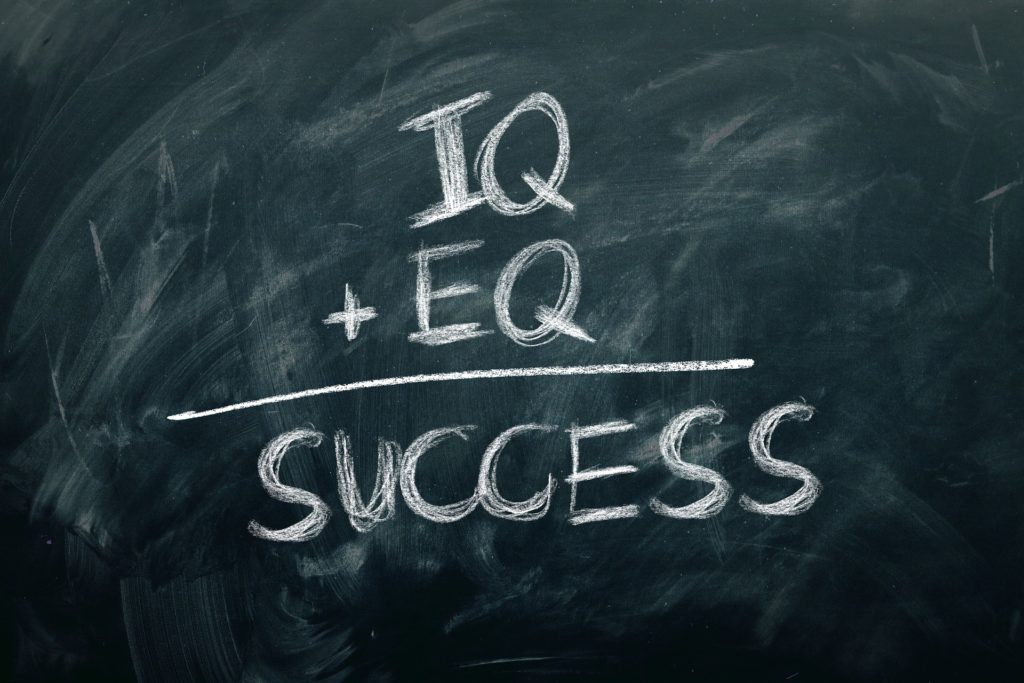Life becomes hard when regardless of the presence of love and care, the connection with your loved ones start growing cracks. Especially when the mere reason for it is the inability to voice out your emotions and feelings in a proper way, resisting in expressing them or being unable to understand the underlying feelings of the other side. This is not because the two ends of that relationship are at fault. This is very much rooted in the lacking of emotional intelligence.
In every kind of relationship with our loved ones, mates, colleagues, or even in diplomatic relationships, it is always important to be able to understand what you are feeling, why you are feeling that way, and to have the ability to express that feeling in a clear yet respectful way. Then, when we rise above ourselves and look around at all the people surrounding us,
the ability to understand and comprehend their feelings and the reasons and the backgrounds behind them,
that they might not even consciously be showing in the first place is what we know as Emotional Intelligence.

The normal ‘Intelligence’ is referred to as a quality that usually takes us higher in our societies, workplaces, and peer groups. But ‘Emotional Intelligence’ or EI is the quality that takes us deeper into the lives of all these people around us and to a level of better understanding of their actions and feelings.
How does one improve their EI?
Let’s have a look at the science behind emotional intelligence. Daniel Goleman, a leading authority on emotional intelligence, broke emotional intelligence into five major components.
They are self-awareness, self-regulation, motivation, empathy, and social skills.
If you could understand how to perform in these five areas and know where you need some improvement, then my friend you are on your way to excelling in your private, social, and work life.
The five EI components
Self-awareness: the ability to know what you feel and why you feel that in a certain situation.
Self-regulation: the habit or ability to enforce or change a certain behaviour depending upon how it affects your life.

Motivation: the intrinsic ability or will to understand the causes of these behaviours and be willing to consider them each time you face a certain situation.
Empathy: the ability to take your shoes off and get into someone else’s and try to feel what they might be feeling in each situation.
Social Skills: the ability to communicate and convey your words, feelings, and thoughts in a way that directs how you feel instead of giving the idea that it is the other person who made you feel that way.
These qualities pretty much make up the raw material for Emotional Intelligence and if you, my friend, can work on these, you too can get very emotionally intelligent. Practising these habits and making them a part of your personality is what will build your EI muscles.
“We are dangerous when we are not conscious of our responsibility for how we behave, think, and feel.”
– Marshall B. Rosenberg.
Written by Faiq Saeed







